Audio
Matt Clayton - World Blind Games
Ablequest by
2RPH3 seasons
11/8/2023
13 mins
Matt Clayton of Blind Sports Australia and the Oz team's Chef de Mission, discusses the forthcoming World Blind Games in the UK.

Matt Clayton, CEO of Blind Sports Australia and Chef de Mission for the Australian team, discusses the upcoming World Blind Games being held in Birmingham, UK in August.
Original broadcast date: 11.08.23
Speaker 1 00:00
You.
Speaker 2 00:03
With information on the latest developments in assistive technology and initiatives. The studios of two RPH in Sydney bring to you ablequest.
Speaker 3 00:18
Hello, I'm Malaine Juntech. Recently we interviewed Matt Clayton, CEO of the not for profit organisation Blind Sports Australia. This national sporting organisation for blind and Vision impaired athletes helps create pathways and opportunities for people to take part in blind sports, from a grassroots level right through to elite competition in more than 21 different sports. It is about this elite level that Matt has returned to ablequest to discuss the upcoming International Blind Sports Federation world Games. There are three paralympic and eight nonparalympic sports in the programme. These games are to be held in Birmingham, England from the 18th to the 27 August. Matt will accompany the australian team as chef demission and he spoke to Marnie Roper about this exciting event.
Speaker 4 01:17
Welcome back to Ablequest, Matt. You joined us in May this year when we discussed Blind Sports Australia and your role as CEO. For listeners who didn't hear that programme and it's available on a podcast on the two RPH website. If people want to go back and listen to it, tell us briefly about blind Sports Australia.
Speaker 1 01:38
Thanks, Marnie. Blind Sports Australia is the national sporting organisation for Blind Vision impaired sport. Here in Australia, our core role is about helping create pathways and opportunities for people to participate in blind sport, grass sports, community level, right up to elite competition, national, international, that type of thing. We're involved in developing a range of programmes around the country, working with schools, working with sports, try and grow, more participation and more opportunities. So, to give you an example, we're now at a point in Australia where we have about 24 different sports that are accessible for people who are blind or have low vision to get involved.
Speaker 4 02:11
It's a good cross section as well, isn't it, of sports?
Speaker 1 02:14
Very much. Very much. And that's everything from a sport like shooting through to sailing, to judo, and a whole range in between.
Speaker 4 02:21
And during our earlier interview, you mentioned to me about the international blind sports world's games. And now they're coming up on the 18 August until the 27 August. And you have a major role as chef domission for the australian team. Congratulations.
Speaker 1 02:40
Thank you.
Speaker 4 02:41
Briefly, what will this role entail?
Speaker 1 02:44
I guess the chef admission role. Look, the core thing, from my perspective, it's about leading the overall team to Birmingham and bringing them together and creating a bit of a sense of an australian team. We've got people from a range of different sports who are competing and also across two core locations. So for me, it's bringing that sense of team because also all the practical things such as registration, logistics, working with sports comms, marketing and very much supporting the team on the ground. But overall, it's about bringing a sense of team together and a bit of.
Speaker 4 03:14
Background on the games. When and how did these first start?
Speaker 1 03:18
The first games were actually back in 1998, held in Madrid. Look, primarily it was a bit of a practical function, so there were a couple of sports that had direct paralympic qualification and the world Games were a chance to be able to put that into place so that those qualifications could take place and then build some other sports around that. So while it was part function, was also a chance to celebrate the different sports were on offer. That's certainly grown and evolved. The first games back in 90, I think, had athletics, golf ball, judo and swimming. And that's evolved and changed at all the games since it runs every four years. A bit like a paralympic or a Kong game cycle runs every four years. So this will be the. I think this will be the 7th games taken place.
Speaker 4 04:01
Right. And did you have a bit of a gap during COVID or were you able to carry on?
Speaker 1 04:06
Well, fortunately, the last games were scheduled in 2019, so just before COVID however, it was a very small games. The contrast to the Games coming up is that these games will be a lot bigger and will incorporate a whole range of sports.
Speaker 4 04:20
And they're being held in England.
Speaker 1 04:22
Most of the activity will be based at the University of Birmingham, which is the same location as the Cornwall Games, as the core village. We'll also have Goldwall, which is one of the sports taking place, which will be based out of Coventry, so about 45 minutes away.
Speaker 4 04:36
And how many competitors are they expecting?
Speaker 1 04:39
We've been trying to get hold of a definitive number, but certainly the main numbers that they've been working on for a while is around 1700 competitors. So it's quite big. Yes, quite big.
Speaker 4 04:49
And then all of those competitors will all have crew with them.
Speaker 1 04:52
That's right. So I think it's around about 70 nations that are taking part.
Speaker 4 04:56
It's interesting because I noticed that one of the countries that had held it was turkey, and I thought, isn't that fantastic that they've held games? Is that right?
Speaker 1 05:05
Yeah, that's right. Italia, I think, had it back in 2011. It was about the fourth games. Turkey is quite a strong country in the blind sporting landscape, particularly within the International blind Sporting Federation itself. It's. While it's not a country we necessarily engage with a lot directly here, it's quite strong when it comes to a lot of sports in the blind sporting space.
Speaker 4 05:27
And how many competitors is Australia sending?
Speaker 1 05:30
So we'll have 59 athletes taking part. So 28 women and 31 men and a support crew. So coaches, team managers, et cetera, of about 29. So an overall contention of about 88.
Speaker 4 05:43
People, it'll all be settled together in a village.
Speaker 1 05:46
Yeah, that's right. So apart from those who are competing over at Coventry, we'll all be sort of housed in the same space. So we'll try and create a bit of an Australia house type scenario where everyone can come together. We'll also have a couple of Kiwis who will be either part of the support staff or watching a bit of what's going on as well. So we might give them more of an Oceania flavour.
Speaker 4 06:05
Now, there are eleven sports. Three of these are featured in the Paralympics. Which ones are those?
Speaker 1 06:12
So the three that are in the Paralympics are golf ball, judo and blind football. So for golf ball, for instance, there are a range of different qualification markers for the eight teams in the men's competition and eight men's teams in the women's competition. So this is one of the direct qualifying events. So if you win this tournament, for instance, you get direct qualification to the Paralympics in Paris next year. But if you finish a little bit down the order, depending on what other teams qualify, can actually mark as a way to be able to go and get that qualification spot right.
Speaker 4 06:44
And what are the other sports of.
Speaker 1 06:47
The eleven sports that are there? So there is archery, blind crickets, blind and low vision tennis, golf ball, judo, power lifting, as well as sports like blind football, as I mentioned, partially side of footsall showdown, ten pin bowling and chess.
Speaker 4 07:04
Now, in our earlier interview, we discussed the blind and low vision tennis because there'd been an exhibition match at the Australian Open, first Grand slam, I think, to have an exhibition match. So how many of our players are competing in Birmingham?
Speaker 1 07:20
So we've got a team of, I think it's eleven athletes in blind and low vision tennis who'll be competing. In fact, some of them will be joined by a few more australian athletes and going to compete in an international tournament in Poland, in Krakow soon after. The tournament itself finishes. Quite a large contingent going over.
Speaker 4 07:39
And do they play singles and doubles?
Speaker 1 07:42
Certainly they'll be playing singles. We're just finding out the details around the doubles competition itself, but it has been touted there will be some doubles competition on offer as well.
Speaker 4 07:52
And we've previously done a programme on Ablequest, on blind cricket. And I believe this year, for the first time, we're sending a women's team to compete.
Speaker 1 08:01
This will be the first australian women's team competing internationally at any level for blind cricket, so it's pretty exciting. There'll be three countries that will be having teams at the game, so India, England and Australia. So to have this as a real landmark moment in terms of the growth of the sport is fantastic. We've developed quite a strong squad. Certainly at the national carnival last year or early this year, we had a large number of women taking part. So the fact we've now gone to that point of having a national team competing for the first time looks extremely exciting. To the point we had about 23, 24 women who put their names forward for consideration for a team of 14. And those who missed out were quite strong.
Speaker 4 08:43
Yes, well, let's hope they do as well as the ladies team and the Ashes.
Speaker 1 08:47
Yeah, very much. Very much. It'd be wonderful.
Speaker 4 08:50
One sport that's truly unique is golf ball. Tell us about that.
Speaker 1 08:55
Goalball is an amazing sport. It's one that we always have fun trying to explain. And probably the easiest way I can describe it, it's played on a volleyball court size, so it's divided up into three main zones. So it's 80 metres long, nine metres wide. There's a goal at each end which goes the full width. So a nine metre wide goal. It's about 90 centimetres high, and you have three people on each side who are all blindfolded. And they're effectively throwing a ball, which is a bit of a cross between a basketball and a medicine ball, at about 80k an hour, and trying to score a goal past those down the other end.
Speaker 4 09:33
I've actually watched it on YouTube or something. It looks very exciting.
Speaker 1 09:38
It is. It's fast paced, it's physical, it's a lot of defending, jumping up, passing the ball, throwing it, a lot of angles, a lot of strategy, and it. Teams effectively got 10 seconds by the time they first touch the ball to get up, work out where they're going to throw it and get it across the court. One of the amazing factors about it is it's so fast, so fast paced and everything happening, and yet the game itself is played in complete silence. So all of the crowd is asked to keep quiet while play is on. Then, effectively, once the whistle blows and a point's been won or the ball goes out of play, the crowd tends to erupt. So it's kind of the reverse of everything else that happens when we watch sport.
Speaker 4 10:16
And is it played a lot in Australia?
Speaker 1 10:18
Yeah, we've got quite a rich history of it here in Australia. So at the moment, all mainland states in Australia have ongoing competition. So at the last Paralympic Games, our women's team, the Aussie Bells, did extremely well. So they made the quarterfinals of the Paralympic Games. They had their best results so far at any games in somewhere like Europe. It's quite huge. They have professional leagues in Europe. We're a sport that always punches above our weight when it comes to how we compete here in Australia. So we're really excited and really hopeful that our men and women can hopefully get a spot for the games next year in Paris.
Speaker 4 10:55
And at these games, do they have medal ceremonies?
Speaker 1 10:58
Yeah, look, we're still waiting to find the details, but certainly in past years there have been gold, silver, bronze awarded for various sports, so we're certainly hoping that'll be the case at these games as well. There are a number of sports which aren't traditional, what they call IBSA games. So international blind Sports Federation have a number of sports which they directly look after. But this time we have cricket and archery and tennis, which aren't IBSA sports. So we're hoping that the concept of medals will extend to those sports as well.
Speaker 4 11:28
And what about sort of like opening ceremonies and closing ceremonies?
Speaker 1 11:31
Yeah, so the opening ceremony will be held at the Birmingham Symphony hall on the 18 August, and then the closing ceremony will be on the 27 August. A little more informal, but that'll actually be held at the University of Birmingham and more a chance for athletes from around the globe to get together and celebrate.
Speaker 4 11:48
Yes. And finally, is there any way that we are able to follow the games and hear results?
Speaker 1 11:55
Absolutely. So many of the events will actually be live streamed back here across the world and back here to Australia. So as soon as we have those sort of details, we'll put them on our website and our social networks, but certainly follow blind Sports Australia through our website or through our various social networks, such as Facebook or Instagram. It's something which I'm getting more to terms with, or LinkedIn will have details about how you can follow that. And our website is blindsportsaustralia.com au. Otherwise the games website itself will have a lot of that detail. And that's just the Ipsagames 2023 Co. UK.
Speaker 4 12:30
That's fantastic. Yeah, because they'll unfortunately be out of a different time zone from us, won't they? Yes, but people will be able to see the results the next day.
Speaker 1 12:39
That's right. And there'll be some sports that will stream in in prime time back here, just by way of where the differentiation goes. So certainly, if there's stuff happening during the day in the UK. We'll be able to watch it at night back here.
Speaker 4 12:53
Fantastic. Matt, thank you so much and have a fabulous trip and best of luck to all our athletes as well.
Speaker 1 13:00
Thanks so much, Marty. Much appreciated.
Speaker 4 13:02
I've just been speaking with Matt Clayton, CEO of Blind Sports Australia and also the chef de mission for the australian team at the 2023 World Blind Games that will be held in Birmingham in midaugust.
Speaker 1 13:19
You.
Speaker 2 13:21
You've just been listening to Ablequest, a programme that looks at developments in assistive technology and initiatives from Marnie Roper and Elaine Jeantek. Thank you for listening and goodbye. Till next programme.
Continue listening

Blind Sports Australia CEO Matt Clayton speaks about its work with blind and vision impaired athletes across 21 sports.
Matt Clayton - Blind Sports Australia
Ablequest by 2RPH
5/5/2023
•13 mins
Audio

Vivid, Sydney's celebration of creativity, seen from a disability access focus by its director.
Gill Minervini - Vivid
Ablequest by 2RPH
19/5/2023
•14 mins
Audio

This program discusses dance movement therapy and how it works - featuring Cecilia King of the Dance Therapy Association.
Cecilia King - Dance Therapy
Ablequest by 2RPH
14 mins
Audio

What are the challenges of providing audio description on Oz TV? Hear Lauren Henley, Aust Federation of Disability Organisations.
Lauren Henley - Audio Description
Ablequest by 2RPH
16/6/2023
•14 mins
Audio

In Part 1 of a 2RPH interview, assistive tech expert David Woodbridge explores latest innovations to make everyday life easier.
David Woodbridge - Tech Update Part 1
Ablequest by 2RPH
30/6/2023
•14 mins
Audio

Features Robert Duff-Silsby of Luddi, Perth company developing assistive devices for all people and bodies.
Robert Duff-Silsby - Sexual Wellbeing
Ablequest by 2RPH
13 mins
Audio

In Part 2 of this conversation with 2RPH's Ablequest, expert David Woodbridge reviews latest assistive technologies.
David Woodbridge - Tech Update Part 2
Ablequest by 2RPH
28/7/2023
•14 mins
Audio

Matt Clayton of Blind Sports Australia and the Oz team's Chef de Mission, discusses the forthcoming World Blind Games in the UK.
Matt Clayton - World Blind Games
Ablequest by 2RPH
11/8/2023
•13 mins
Audio

Prof Kim Marriott of the Monash Assistive Technology and Society Centre, talks about the purpose and work of the Centre.
Kim Marriott - Monash Assistive Technology and Society Centre
Ablequest by 2RPH
25/8/2023
•13 mins
Audio

Ablequest features an interview with Serena Ovens, new CEO of Assistive Technology Supplies Australia or "ATSA".
Serena Ovens - Assistive Technology Supplies Australia
Ablequest by 2RPH
14 mins
Audio

Part 1 of an interview on the voice-activated app, Bindi Maps.
Anna Wright - Bindi Maps (Part 1)
Ablequest by 2RPH
14 mins
Audio

This is Part 2 of an interview with Dr Anna Wright, explaining how Bindi Maps works.
Anna Wright - Bindi Maps (Part 2)
Ablequest by 2RPH
14 mins
Audio

Artist Ebony Wightman of disability-led We Are Studios talks about art and challenge.
Ebony Wightman - We Are Studios
Ablequest by 2RPH
20/10/2023
•13 mins
Audio

Prof. Leeanne Carey discusses the SENSe program, her team's world-first therapy to help stroke survivors.
Leeanne Carey - SENSe Therapy
Ablequest by 2RPH
2/11/2023
•13 mins
Audio

Youthworks Accessibility Minister Bec Baines talks of making church accessible to young people with disabilities.
Bec Baines - Youth and Worship
Ablequest by 2RPH
16/11/2023
•14 mins
Audio

Nikki Hind, Australia's first blind fashion designer, discusses her work.
Nikki Hind: Blind Grit
Ablequest by 2RPH
1 December 2023
•14 mins
Audio

Dr Dimity Williams, family GP, recommends spending more time in nature - and a "green hour" each day.
Green Hour: Dr Dimity Williams
Ablequest by 2RPH
5 December 2023
•14 mins
Audio

Imagine sitting in a wheelchair for hours, being unable to move your fingers or arm to do simple things like pick up a glass.
Konstanze Hager - Bateo
Ablequest by 2RPH
Konstanze Hager - Bateo
•14 mins
Audio

Action Audio is a new language being created to transcend sport.
Machar Reid - Action Audio
Ablequest by 2RPH
Machar Reid - Action Audio
•14 mins
Audio

What a difference one person with experience, passion and energy can make to many lives.
Julie Ross-Edwards - Head High
Ablequest by 2RPH
Julie Ross-Edwards - Head High
•14 mins
Audio

Driver educator outlines what's needed for a person with disability to get a driver's licence.
Ronak Shah: on-road driving education
Ablequest by 2RPH
12 January 2024
•14 mins
Audio

Vision Australia's Christo Sarantakis talks of his life, blindness and assistive tech changes.
Christo Sarantakis of Vision Australia
Ablequest by 2RPH
26 January 2024
•14 mins
Audio

Introducing Australia's first pictureless feature film, TOUCH, showing in Sydney.
Majella Knobel: "Touch" - open air movie
Ablequest by 2RPH
9 February 2024
•14 mins
Audio

An expert discusses the use of horticultural therapy for people with disabilities.
Steven Wells: horticultural therapy
Ablequest by 2RPH
23 February 2024
•14 mins
Audio

Features articles on latest blind-assistive tech including a new bus app and smart ear buds.
Assistive tech news catchup
Ablequest by 2RPH
8 March 2024
•14 mins
Audio

Features an innovative hospitality industry training program for people with disabilities.
Saraya O'Connell - Hotel Etico Independence Program
Ablequest by 2RPH
22 March 2024
•14 mins
Audio

Guests discuss the Obi robotic dining assistant for people with upper arm disabilities.
Hugh Kingley and Rachel Dekkar: Obi
Ablequest by 2RPH
19 April 2024
•14 mins
Audio

A spy-themed computer program tackles the mystery of social encounters - outlined by its company's CEO.
Kathleen Davey - Social Science Translated
Ablequest by 2RPH
3 May 2024
•14 mins
Audio

A Sydney organisation delivers creative arts and life skills to people with disabilities.
ChoppA Green - Studio Artes
Ablequest by 2RPH
17 May 2024
•14 mins
Audio

An award-winning Central Coast NSW disability service shares its successful strategies.
Lonestar Makoni - Breaking Barriers Disability Services
Ablequest by 2RPH
31 May 2024
•14 mins
Audio

Part 1 of a conversation with an Australian neuroscience research pioneer about benefits of music in brain injury recovery.
Professor Sarah Wilson (part 1)
Ablequest by 2RPH
14 June 2024
•14 mins
Audio

Part 2 of a conversation with a leading neuroscientist of benefits of music in brain injury recovery.
Professor Sarah Wilson (part 2)
Ablequest by 2RPH
28 June 2024
•14 mins
Audio

A CEO talks about his company's award-winning assistive physical therapy device.
Justin Keenan - LusioMate
Ablequest by 2RPH
12 July 2024
•14 mins
Audio

Information about a program teaching good cyber-security practices to make daily life safer.
Jess Wilson: Be Connected
Ablequest by 2RPH
26 July 2024
•14 mins
Audio

A veteran print disability broadcaster with macular degeneration shares her experiences.
Teresa Plane - 2RPH
Ablequest by 2RPH
9 August 2024
•14 mins
Audio

The founder of a blind-assistive technology company shares latest developments.
Peter Ford - Control Bionics (part 1)
Ablequest by 2RPH
6 September 2024
•14 mins
Audio

Part 2 of an interview with the head of an innovative blind-assistive technology company.
Peter Ford - Control Bionics (part 2)
Ablequest by 2RPH
20 September 2024
•13 mins
Audio

Looks at a project to better inform refugee and migrant women on AI.
Good Things - Jess Wilson
Ablequest by 2RPH
4 October 2024
•14 mins
Audio

An expert with lived experience corrects some widespread misconceptions about stuttering.
Dale Williams - Stuttering Awareness Day
Ablequest by 2RPH
18 October 2024
•14 mins
Audio

An inventor discusses his an innovative cane tip to help people with blindness or low vision.
Peter Rickards - Sensaball
Ablequest by 2RPH
15 November 2024
•13 mins
Audio

Part 1 of an interview with an Australian expert on low-vision-assistive technology, on AI and other developments.
David Woodbridge (part 1)
Ablequest by 2RPH
29/11/2024
•14 mins
Audio

Conclusion of an interview with a leading Australian expert on blind-assistive technology.
David Woodbridge (part 2)
Ablequest by 2RPH
13 December 2024
•14 mins
Audio

Looks at the leading stroke treatment work of the Royal Rehabilitation Hospital, Ryde NSW.
Jason Redhead and Graham Cooper of Royal Rehab Ryde
Ablequest by 2RPH
10 January 2025
•14 mins
Audio

An innovative social media platform aims to address isolation and loneliness in the disability community.
Steve Bear - Alvie
Ablequest by 2RPH
7 February 2025
•12 mins
Audio

Australia's largest provider of Auslan sign services outlines its important work.
Brett Casey - Deaf Connect
Ablequest by 2RPH
21 February 2025
•14 mins
Audio

Looks at an Australian organisation's work at helping men seek help and build self-awareness.
Tommy Herschell - Find Ya Feet
Ablequest by 2RPH
7 March 2025
•14 mins
Audio

A speech pathoplogist discusses her work with young people's complex communication needs.
Denise West - Scope
Ablequest by 2RPH
21 March 2025
•14 mins
Audio

A vision-impaired disability rights advocate talks of her work and learning podcast skills.
Freya Wolf
Ablequest by 2RPH
4 April 2025
•14 mins
Audio

A leading Australian eye researcher talks of his team's work in creating new hope for people with retinal damage.
Raymond Wong - Centre for Eye Research Australia
Ablequest by 2RPH
18 April 2025
•14 mins
Audio

A wheelchair-using business owner, facilitator and car rally driver shares experiences and insights.
Mel Harrison - Sitting Low, Reaching High
Ablequest by 2RPH
2 May 2025
•13 mins
Audio

Disability Pride Month in July promotes awareness about people with disability and also celebrates individuals with disability.
Hannah Solomons - Sydney Disability Pride
Ablequest by 2RPH
Hannah Solomons - Sydney Disability Pride
•14 mins
Audio
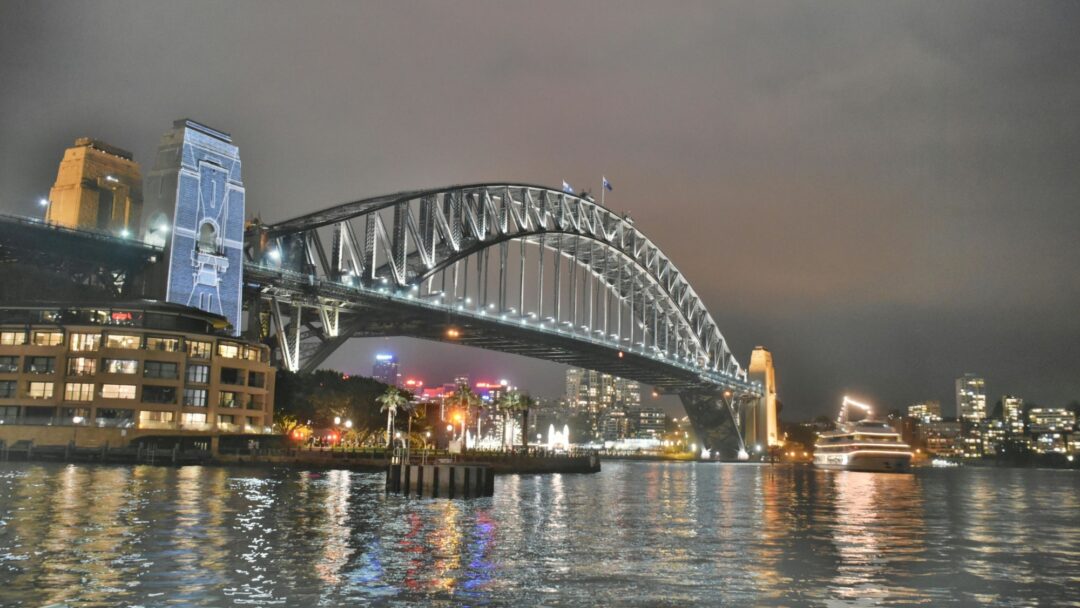
Deb Roach is a three-time pole dancing world champion yet she has only one arm.
Deb Roach
Ablequest by 2RPH
Deb Roach
•13 mins
Audio
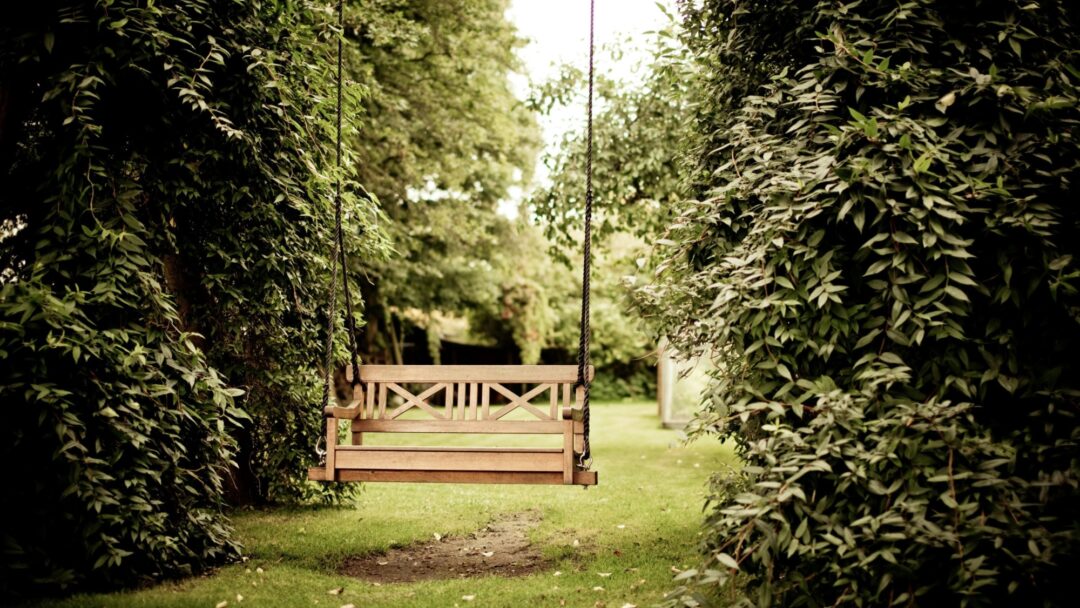
Being in nature is good for you whether it is being in the garden or walking along the beach.
Kayte Kitchen - Admirari Nature Therapy
Ablequest by 2RPH
Kayte Kitchen - Admirari Nature Therapy
•14 mins
Audio
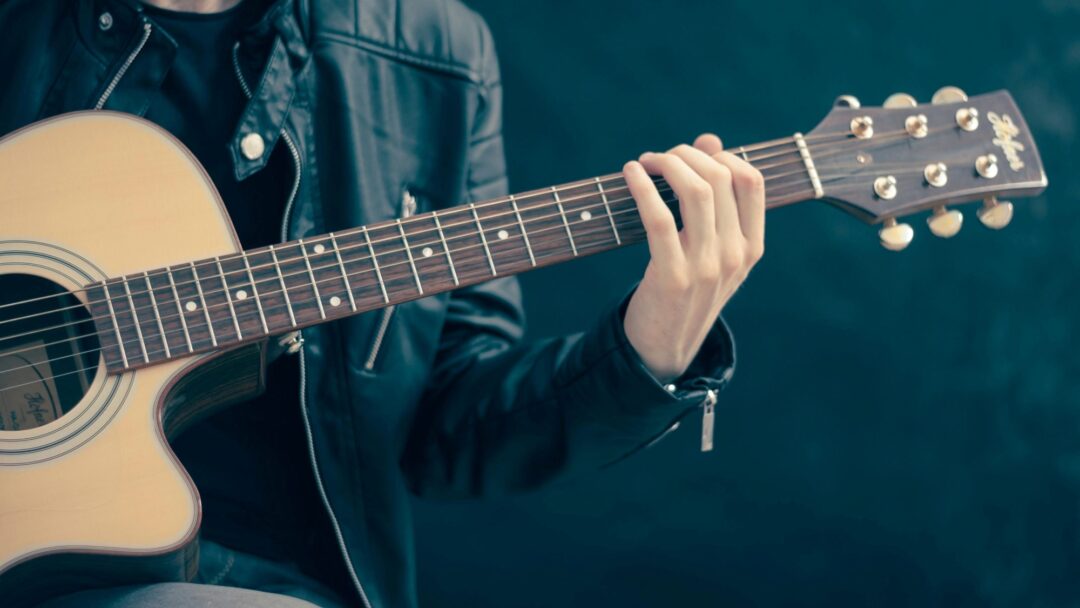
Music can evoke emotions that bring back memories and the same is true for people living with dementia.
Zara Thompson - Music Therapy
Ablequest by 2RPH
Zara Thompson - Music Therapy
•14 mins
Audio

Laura Boccanfuso is founder and CEO of Van Robotics, a social robotics company based in South Carolina in the United States.
Laura Boccanfuso - Van Robotics
Ablequest by 2RPH
Laura Boccanfuso - Van Robotics
•14 mins
Audio

Two years ago Maggie O'Connell, in her mid 20's never had a full time job.
Maggie O'Connell - AFP
Ablequest by 2RPH
Maggie O'Connell - AFP
•14 mins
Audio
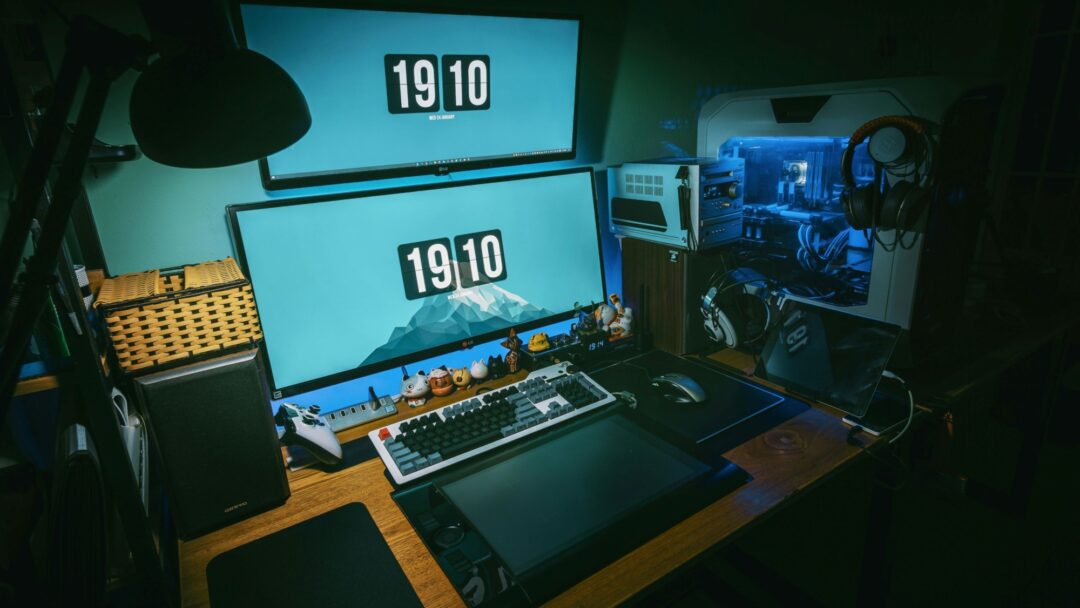
Julie Ross-Edwards, founder of Head High Disability Services, returns to Ablequest to speak more about Head High's philosophy and special approach.
Head High (Update)
Ablequest by 2RPH
Head High (Update)
•13 mins
Audio
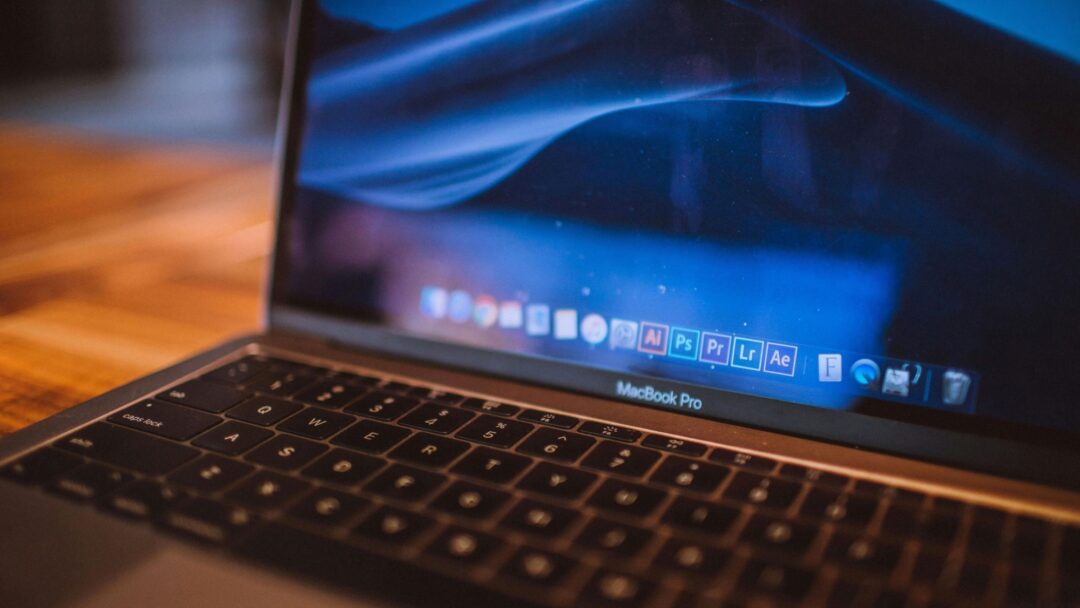
David Woodbridge, an expert in assistive technology for people with no or low vision, is a regular guest on Ablequest.
David Woodbridge
Ablequest by 2RPH
David Woodbridge
•14 mins
Audio

Pete Horsley is the Founder of Remarkable, a global start up and initiative of the Cerebral Palsy Alliance.
Pete Horsley - Remarkable Disability Tech Summit
Ablequest by 2RPH
Pete Horsley - Remarkable Disability Tech Summit
•14 mins
Audio